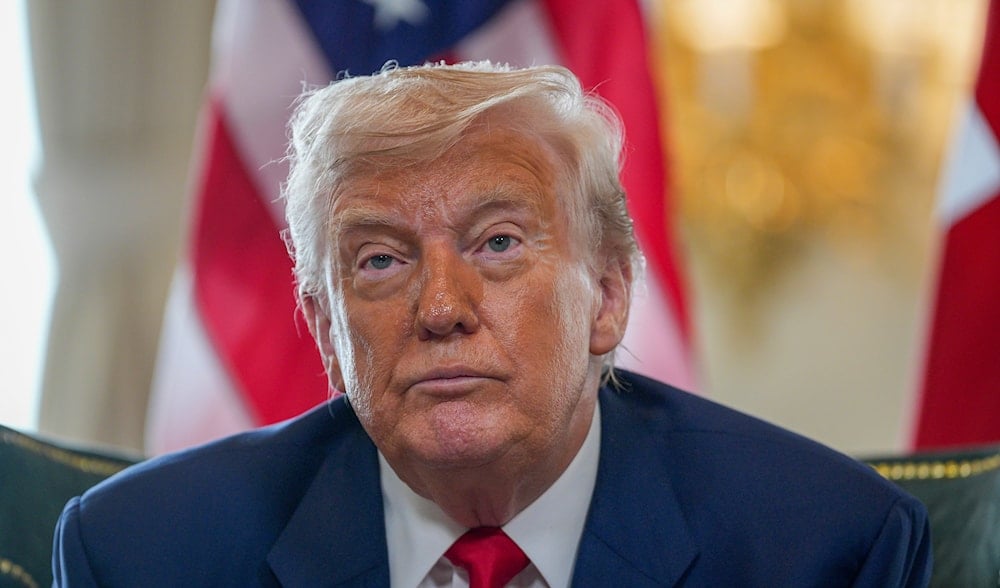EU-US trade deal offers no relief for European steel sector
The German Steel Association warns that the new EU-US tariff deal does not relieve the European steel sector, as punitive 50% US tariffs on steel imports remain in place, threatening German and EU exports.
-

U.S. President Donald Trump talks to the media as he meets with British Prime Minister Keir Starmer at Trump Turnberry golf club in Turnberry, Scotland, Monday, July 28, 2025. (AP)
The newly signed EU-US tariff agreement has failed to ease the crisis gripping Europe’s steel industry, the German Steel Association said on Monday, warning that punitive tariffs imposed by the US remain a severe burden on European exporters.
The statement follows the July 27 announcement of a trade deal between European Commission President Ursula von der Leyen and US President Donald Trump. Under the agreement, most EU exports to the US will now be subject to a baseline tariff of 15%. However, the accord does not reduce or eliminate the existing 50% tariff on steel imports imposed under Trump's previous executive order.
'Catastrophic' conditions persist
“Even if a further escalation of the trade dispute between the US and the EU has been avoided for now, the catastrophic situation for the European steel industry remains unchanged,” the German Steel Association revealed.
The group emphasized that as long as the 50% tariff on steel remains in effect, German and EU-based exporters will continue to suffer serious consequences. The association called on von der Leyen to actively push for a comprehensive steel alliance with the US to address the global overproduction of steel, which it described as “uncontrollably growing.”
US tariff policy escalates under Trump
The US first imposed a 25% tariff on all steel and aluminum imports on March 12 as part of a broader protectionist agenda aimed at bolstering domestic industries. In June, President Trump signed an executive order raising tariffs to 50%, expanding the list of affected goods to include components vital to the production of household appliances, vehicles, and telecommunications equipment.
While the latest agreement avoids a full-scale trade war, European industry groups argue it does little to address the core challenges facing the sector, particularly the inability of EU steelmakers to compete under the weight of high US tariffs.
Read more: US-EU trade deal draws EU criticism over inequality, subjugation

 2 Min Read
2 Min Read









